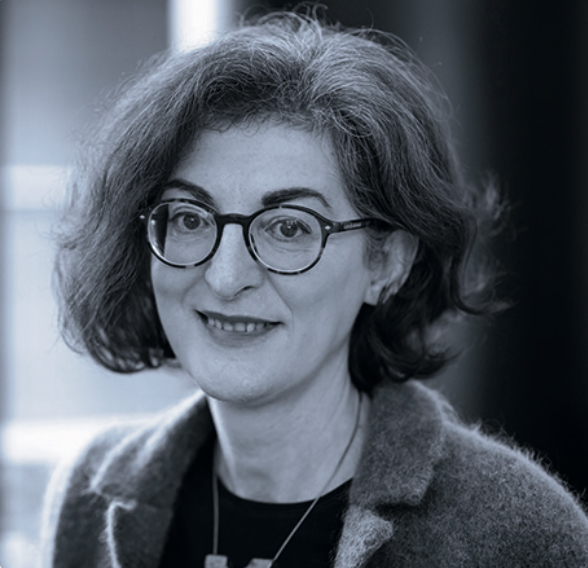
Maite Pagazaurtundúa
MEP for Ciudadanos, a political party in the Renew Europe group. Vice-president of the Committee on Civil Liberties of the European Parliament.
Born in Hernani in 1965. Her brother Joseba Pagazaurtundua was killed by ETA in 2003 after years of threats, harassment and aggression.
A leading figure in civilian associations of victims of terrorism, she has participated in several social movements and freedom initiatives in Spain and other countries, fighting terrorism, hate speech and mandatory nationalism for decades. Her front-line public stance against terrorism brought her severe harassment, threats and attacks in the form of physical and symbolic violence, she had to have a police escort for 13 years and change her place of residence, with her family, to outside the Basque Country. She has received several awards such as the Sakharov prize in 2000 —as a founder member of ¡Basta Ya!— or the Medal of the Order of Constitutional Merit in 2003. In 2005 she was part of the group nomination for the Nobel Peace Prize.
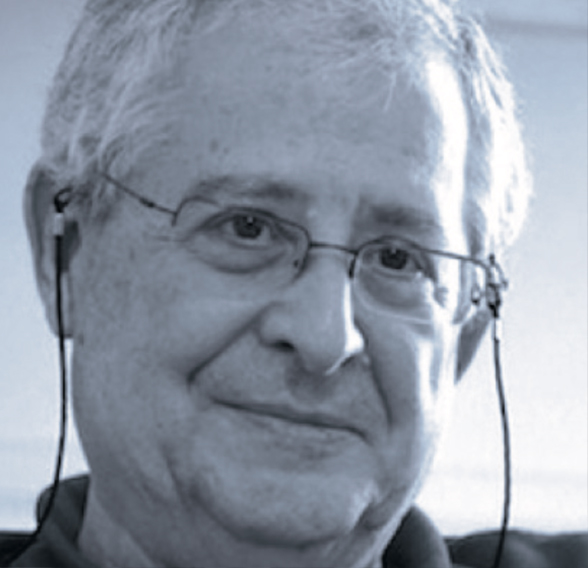
Enrique Baca
Professor of Psychiatry; Professor of the Emeritus Free College; Academic of the European Academy of Sciences and Arts (Salzburg); Academic of the Royal Academy of Medicine of Valencia; President of Fundación Deliberar; Vice-president of the Civil Society Forum. Formerly, President of the Spanish Psychiatry Society, the Spanish Psychiatry and Mental Health Foundation and the “Instituto de Victimología” Foundation.
Co-Chair of the Steering Committee on Ethics of the World Psychiatric Association (WPA). Technical sub-director of the Madrid Institute of Mental Health (INSAM) and Director of teaching programmes at the Regional Institute of Studies (IRES), both reporting to the Regional Ministry of Health of Madrid. President of the Committee of Experts of the Andalusian Institute of Mental Health (IASEAM). Director of the working group on mental health of the Health Advisory Board in the Spanish Ministry of Health and Consumer Affairs. Member of the Technical Committee for the Mental Health Strategy of the National Health System in representation of the Spanish Psychiatry Society, in 2006. Author of the book Depresión y Ansiedad, and co-author of Evaluación y tratamiento del trastorno postraumático; Las víctimas de la violencia and Hechos y valores en Psiquiatría.
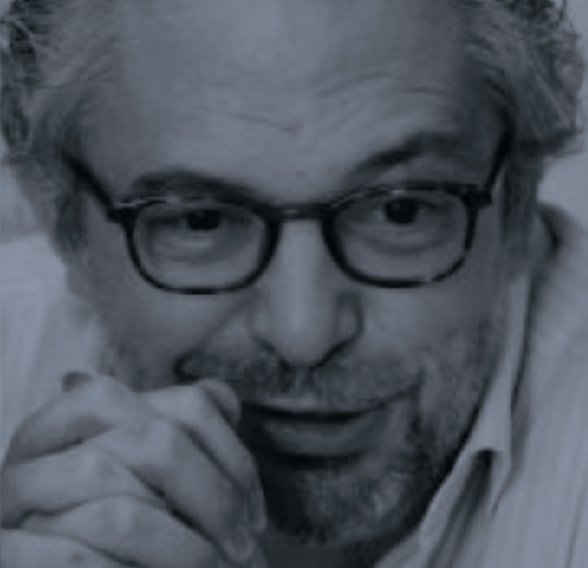
José Lázaro
Awarded the Comillas History, Biography and Memoirs prize for the book Vidas y muertes de Luis Martín-Santos (Tusquets, 2009). Author of Violencia de los fanáticos, a novel-essay (Triacastela, 2013). Co-author, with Cecilio de Oriol, of El alma de las mujeres (Deliberar, 2017) and, with Sosa Wagner, of Memorias dialogadas (Deliberar, 2017).
Currently working on: 1. The Medical Narrative in the context of Medical Humanities. 2. The limit of illness-behaviour: history and theory of masochism. 3. The human dimension: pride, desire, emotion, empathy and reason. In parallel to his academic activity, he writes on cultural themes in El País, Deliberar, Claves de Razón Práctica, Cuadernos Hispanoamericanos, Letras Libres…
Allergic to anti-social networks due to his preference for selective sociability, he keeps a prudent distance from these modern versions of the neighbourhood backyard. Addicted to literary quotations (including those by dicey authors), he has learned so much from his errors that he is thinking about making a few more. Every morning he reminds himself that you have to be careful what you wish for, but you usually end up achieving it. Every night, he recognises that almost everything he likes is illegal, immoral, or makes you put on weight.
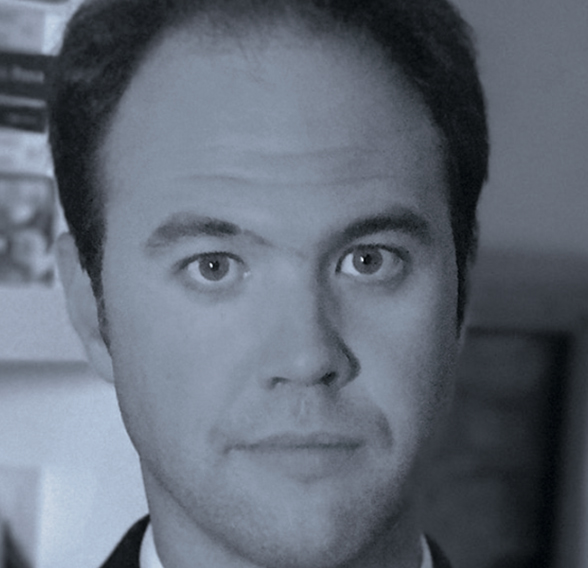
Javier Lesaca
A visiting consultant and researcher at George Washington University, where he studied the structuring of public opinion and its implications in governance, security and development. Since 2014 he has combined his professional activity with research into the public opinion strategies of extremist groups. He graduated in Journalism from the Universidad de Navarra, where he was also an associate professor, and he holds a Master’s degree in Arab Studies from Georgetown University, where he was a Fulbright scholar. Has worked with organisations such as the Inter-American Development Bank, the World Bank, the Casa Árabe or the Government of Navarre. A member of the UN expert network against radicalisation, he has intervened in forums such as the UN Security Council or the Euro-Arab dialogue of UNESCO. His research has appeared in the New York Times, CNN or Spiegel, among other media, as well as in the US Congress.

María Jiménez Ramos
Holder of a PhD in Communication from the University of Navarra, where she is a Professor of Journalism, her research focuses on terrorism and radicalisation, with particular emphasis on victims, on which she has published several articles. She was Director of Communication for the Collective of Victims of Terrorism (COVITE) and head of the International Observatory of Studies on Terrorism (OIET), and has curated several exhibitions on the consequences of terror. She is a member of the Radicalisation Awareness Network (RAN).
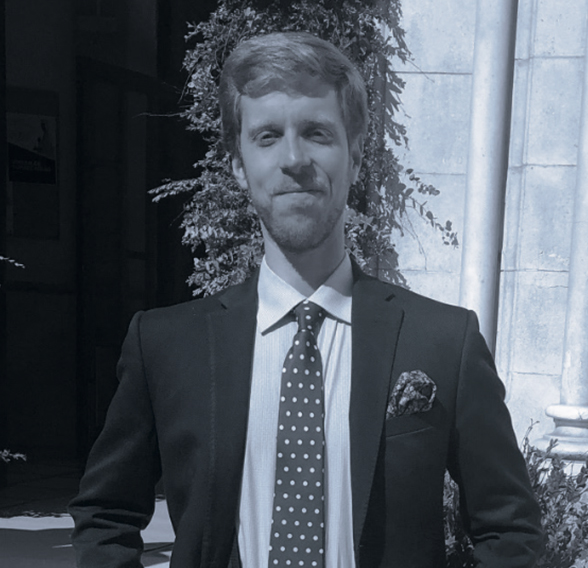
Álvaro Herrero de Béthencourt
A Political Science graduate and holder of a Master’s degree in Strategic Studies and International Security, he carried out his research and analysis work in the International Observatory of Terrorism Studies (OIET) and the Collective of Victims of Terrorism (COVITE). Currently a freelancer, he is involved in many projects such as updating the ‘Black and White Book of Terrorism in Europe’ for the Memorial Centre of Victims of Terrorism or the Radicalisation Observatory of COVITE. He is a specialist in analysing terrorism, the mechanisms that finance it, and preventing money laundering.
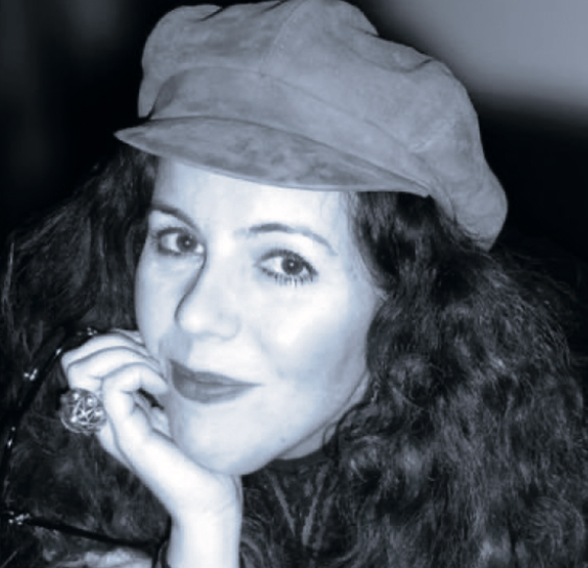
Irene Muñoz Escandell
Lawyer, international consultant and Head of the International Relations Department of COVITE (Collective of Victims of Terrorism), and a member of its Governing Board, she holds a Master’s degree in International Law from the Universidad Complutense (Madrid), has also trained in Germany and gives conference, workshops, seminars, courses and Master’s programmes in the field of human rights in a number of universities, public institutions and private entities.
A large part of her professional activity involves giving legal advice to NGOs regarding the defence of human rights for vulnerable groups. Her fields of study and publication include the rights of victims of terrorism on an international scale, the international legal status of female victims of terrorism, gender transversality in public policies, violent radicalisation processes involving children, and effective access to justice for vulnerable groups.
A member of the directory of expert academics and professionals of the International Observatory of Studies on Terrorism (OIET), a body that sponsors national and international research into the International Observatory of Studies on Terrorism and strategic studies within the framework of the prevention of violent radicalisation and dissemination of democratic principles based on the ethical, social and educational delegitimization of terrorism.
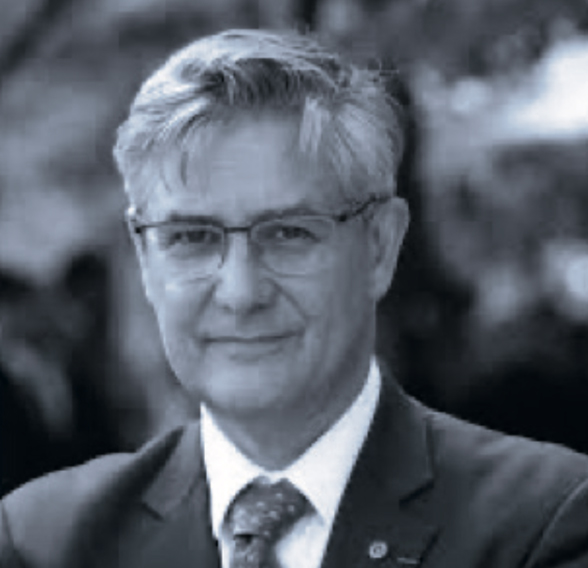
Guillaume Denoix de Saint Marc
Born on 2 May 1963 in Paris, he founded the French Association of Victims of Terrorism (AFVT), of which he is the Director-General and Spokesperson. AFVT is a member of the European Network of victims of terrorism.
Denoix was the main negotiator with the Libyan Arab Jamahiriya to compensate the relatives of the victims of the terrorist attack on a UTA Flight 772 on 19 September 1989. HIs father, Jean-Henri Denoix de Saint Marc, was on board the plane and was one of the 170 victims. He was awarded the French National Order of the Legion of Honour in 2016 and National Order of Merit in 2008.
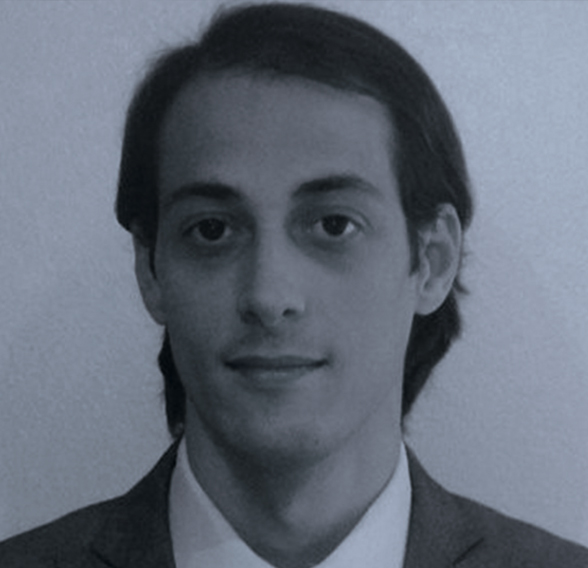
Yago De Andrés
After studying Economics at Carlos III University (Madrid) he works in the field of data management and digital transformation. With over 20 years’ experience, he has focused on projects that combine both areas. As an entrepreneur, he has been the Finance Director and a partner in several online businesses. In the field of data analysis applied to Social Sciences, we would highlight his participation in the ‘Black and White Book of Terrorism in Europe’ project of the MEP Maite Pagazaurtundua, and the study by COVITE titled Crímenes sin resolver (unsolved crimes), among others.
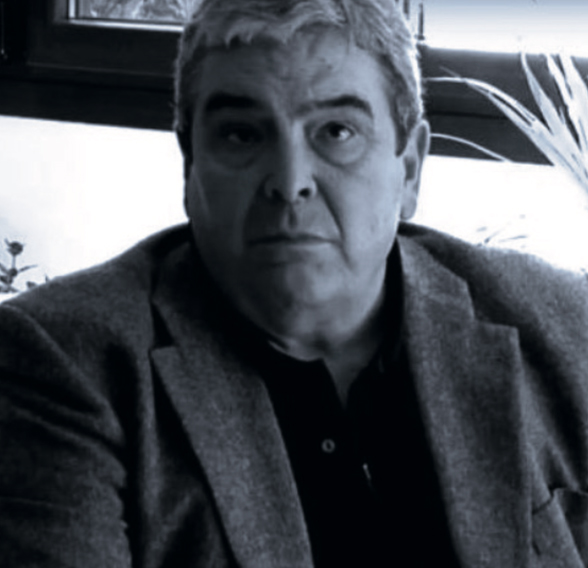
Esteban Ibarra
President of the Movement against Intolerance. Head of the Office of Solidarity with Victims of Hate Crimes, Activities and “Educate for Tolerance and Human Rights” programmes, and the Raxen Report, which monitors incidents of racism, xenophobia, anti-Semitism and other forms of intolerance.
An expert of the Observatory of Violence in the Higher Sports Council and the Observatory of Racism and Intolerance of the Region of Madrid. Adviser to many institutions to prevent radicalisation and fanaticism, he has helped draw up legislation on Equal Opportunities and Non-discrimination.
Recognised for his support of victims of hate crimes and civic mobilisation against terrorism, he received the Cruz Isabel la Católica and the Silver Cross for Social Solidarity Social and the Gold Medal from the Region of Madrid.
Author of the books Los Crímenes de odio, La España, La Europa Siniestra, Tiempos de Solidaridad, Intolerancia, no gracias, Stop Violencia and several texts advocating democratic harmonious coexistence in Spain, since 1990.
Secretary-General of the Spanish Council of Victims of Hate Crimes and Discrimination.
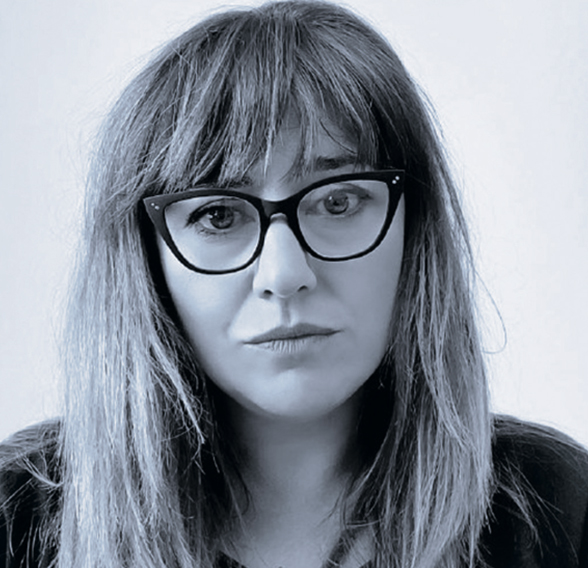
Carolina Pérez San Gregorio
A graduate in Information Sciences from the Universidad Complutense (Madrid), she is currently chief-of-staff of the Vice-president of the Committee on Civil Liberties, Justice and Home Affairs headed by Maite Pagazaurtundua in the European Parliament. A journalist for around two decades working for some of the main media outlets in Spain, she specialises in European information thanks to her time as a Brussels correspondent, where she covered the introduction of the Euro, the EU Eastward enlargement, the economic crisis, the migratory crisis and several meetings of the European Council of Ministers and international summits.
After entering the European Parliament in 2014 to perform parliamentary functions, she has followed specific committees regarding matters such as the Panama Papers or Disinformation, and has run communication campaigns on European and Spanish issues. She has also worked, from the design phase, on a number of large-scale projects related to victims of crimes or discrimination such as the ‘Black and White Book of Terrorism in Europe’.
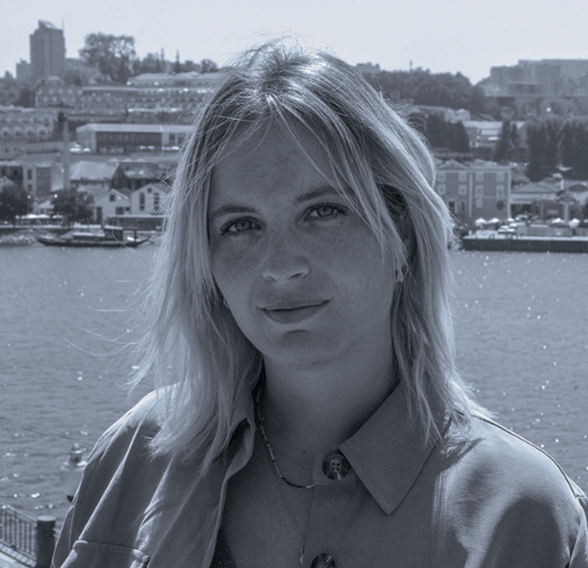
Maribel Cerrato
A Business Management graduate from the Universidad Autónoma (Madrid) and a specialist in Digital Business, with an MBA and a Master’s degree in Graphic Design.
For much of her career, she worked as a Digital Manager at Vodafone, and later in the consultancy firm Magnum & Partners. Her entrepreneurial spirit led her to work as a freelancer in the early days of the Digital Marketing and Graphic Design agency Emebë, with standout projects such as designing the website for the Anniversary of the Sakharov Prize in the European Parliament on freedom of expression, exterior advertising design and offline/online marketing campaigns for large-scale real estate developers.

